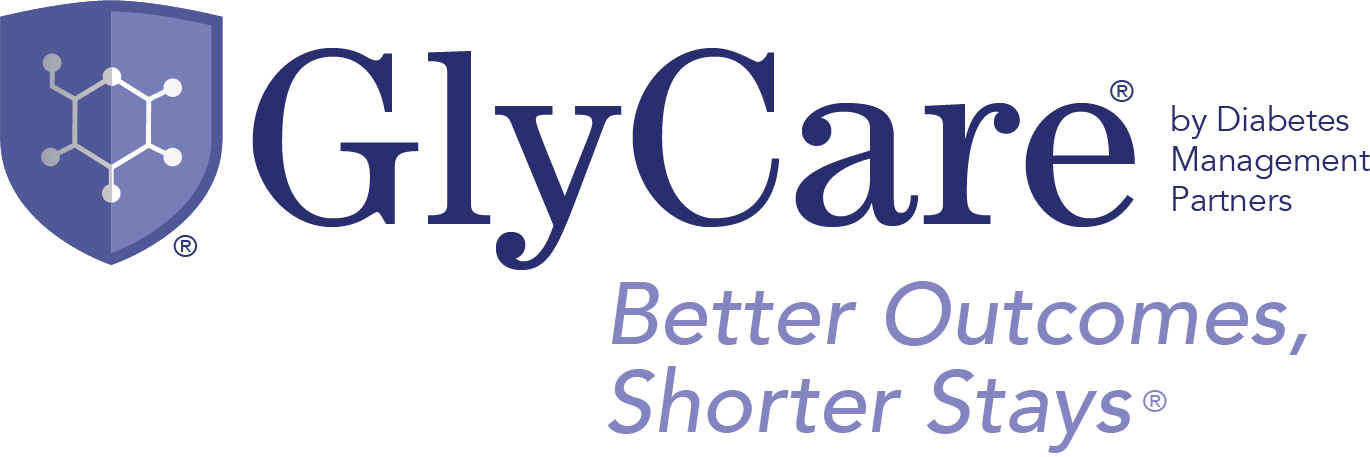An Innovative Method for Hospital Cost Savings While Elective Surgeries Are Down
Elective Surgeries Are Being Postponed - Here's How to Make Sure The Loss Doesn't Affect Your Hospital
By Jennifer Peterson, DNP, APRN, LMT, FNP-BC
Elective surgeries have been and in certain cases still are postponed due to COVID-19. Elective surgeries refer to procedures a patient needs, but that do not need to be done right away. An elective surgery may not be optional; however, it can be planned in advance. Elective surgeries are typically the profit center for hospitals. Elective procedures bring in anywhere from 40-60% of a hospital’s overall revenue. An estimated loss of $202.6 billion for hospitals between March 1, 2020 to June 30, 2020 was reported by the American Hospital Association. One of the largest health systems, Johns Hopkins University, was originally projected to bring in $72 million but is now expecting to lose $100 million. With hospitals in a cash crunch, it is imperative to manage costs in other areas.
How Glycemic management teams reduce hospital costs
A specialized glycemic management team within the hospital can focus solely on managing the patients’ blood glucose levels, helping to reduce inflammation and increase the body’s immune response. Hospital physicians are busy managing more acute body processes and often diabetes management is low on their priority list. This is where GlyCare comes in. GlyCare is a team of specialty trained diabetes management nurse practitioners that only manage patients’ glucose levels. They work in conjunction with the hospital physicians, nurses, and staff to ensure proper blood sugar management. The team can expedite glucose control and subsequently ensure it stays within goal range. This lessens the time required by physicians to manage patients and reduces the length of stay, lending to cost savings.
Additionally, insulin is a high-alert medication and the most common cause of medication-related patient harm with dosing errors causing hypo or hyperglycemia resulting in prolonged length of stay, morbidity, and mortality. The Institute of Safe Medication Practices (ISMP) has released guidelines associated with dispensing, administering, and monitoring insulin. Amid those guidelines ISMP pointed out problems including lack of protocols to guide insulin administration, lack of a standardized process for when insulin must be held or reduced, and lack of prospective risk assessment to identify patients at high risk for hypoglycemia. These are all problems GlyCare has reduced and eliminated across the board. GlyCare follows standardized protocols which translate over into the insulin orders, giving clear instructions when to reduce or hold. Additionally, because GlyCare only manages blood sugar, patients at risk for hypoglycemia are easily identified and treated appropriately. Insulin errors can be reduced with GlyCare on board.
The value of continued care for patients with diabetes
Furthermore, patients with diabetes need proper support while in the hospital as well as a safe plan for their medications upon returning home. GlyCare ensures the patient has a safe plan for depart from the hospital until they can follow-up with their primary care physician or endocrinologist. These specially prepared safe discharge plans created by GlyCare also reduce readmission rates to the hospital for adverse events such as medication side effects and hypoglycemia.
With hospitals losing money, managing costs for medical surgical areas now becomes even more important for most facilities. GlyCare’s focus on diabetes management significantly reduces length of stay and readmission rates which have a direct financial benefit to the facility. Additionally, facilities can expect to see a reduction in complications arising from insulin errors and uncontrolled glucose in both the general population and COVID patients.
About the author
Dr. Jennifer Peterson, Nurse Practitioner, is the Director of Quality Assurance and Integration for GlyCare. She has years of experience managing diabetes for patients in the hospital and now trains other nurse practitioners to do the same. Dr. Peterson also ensures GlyCare provides high-quality services for all patients through a quality review program she created.
References
Belmonte, A. (2020, May 18). Hospitals itch to ramp up elective surgery amid coronavirus profit crunch.
Digital Hospital, Inc. (2020). Insulin implicated in 1/3 of hospital dosing errors.
Far, C. (2020, May 5). U.S. hospitals are losing millions of dollars per day in the midst of the Covid-19 pandemic – and recovery may take years.
Mooney, B. (2020, Jun 17). Insulin errors potentially plague hospitals treating diabetes patients.
Learn more about partnering with GlyCare for a turn-key diabetes management service. For more information on how to incorporate either in-person or virtual diabetes management, contact us today.

